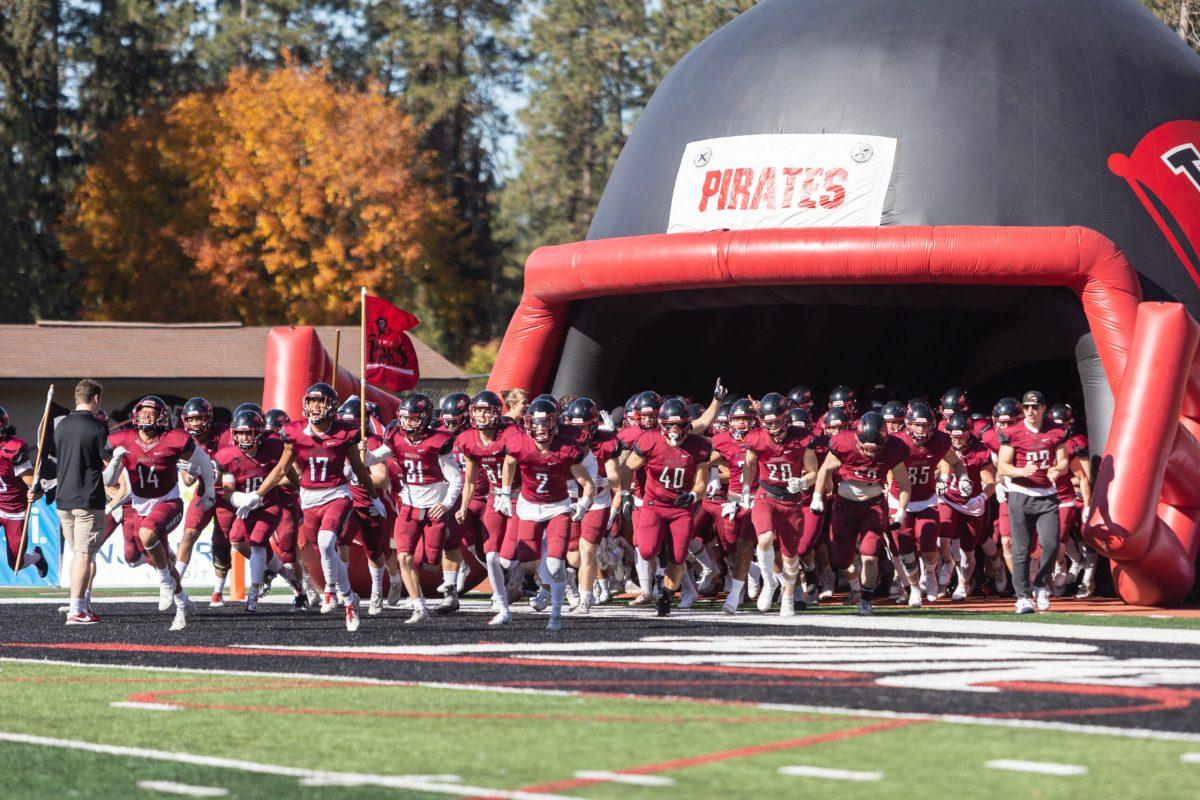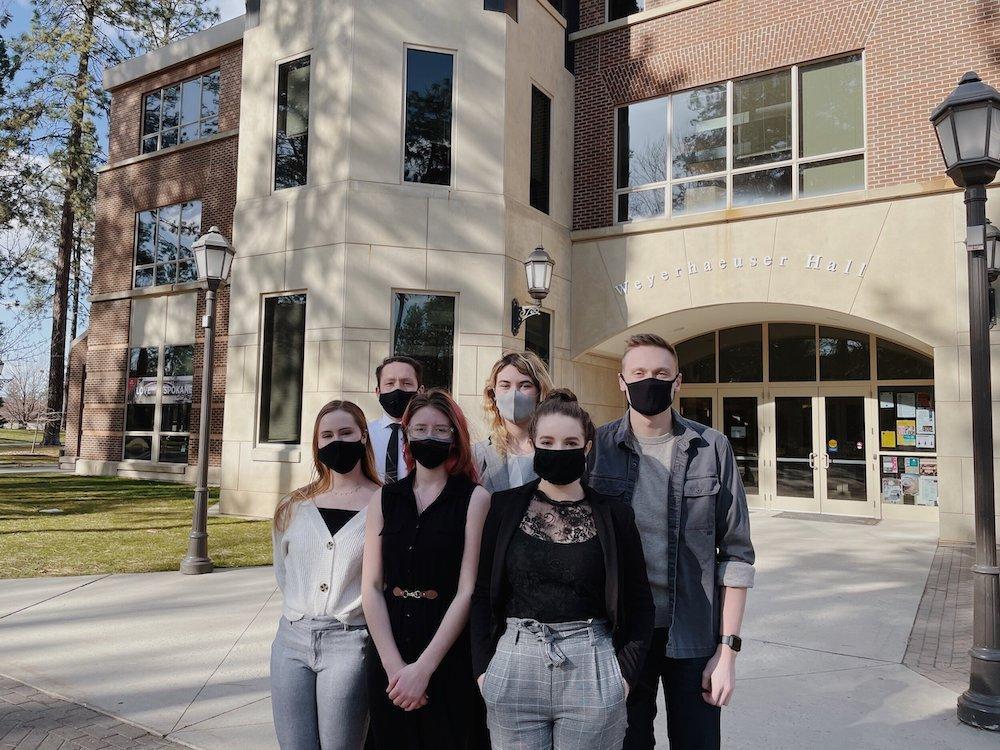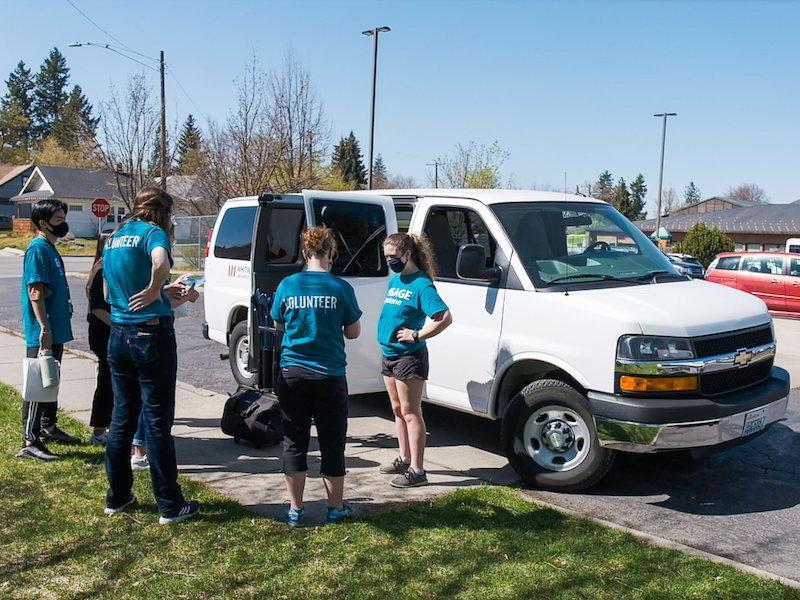On September 3, Whitworth announced the official policy for travel over Thanksgiving break: students who leave Spokane County for Thanksgiving will not be permitted back on campus for the remainder of the semester. Many on campus were outraged by this decision. While the policy is necessary to prevent a large, unmanageable outbreak of COVID-19 at Whitworth, the mental health of on-campus students must also be considered.
The announcement was a huge shock to the hundreds of students who had already paid for on-campus housing and meal plans for the entire semester. Students are rightfully angry at university administration for waiting to release the statement until students had already made their decisions about where to live. Moreover, the university announced in the same email that because students can stay on campus, no housing or meal plan refunds will be given.
Along with this news came the cancellation of fall break. For some students, this cancellation took a major toll on their mental healt – students such as Maya Markillie, who stated, “I am usually really reliant on having more than a weekend after finishing mid-terms and this year really sucked all of my energy and time out of me.”
Not having a fall break, though seemingly insignificant in terms of time off from school, paired with the modified travel policy for Thanksgiving Break, has put students in a tough situation. Either they choose to put mental health on the back-burner by remaining isolated from family during a major holiday, or they opt for online learning for the remainder of the semester, including final exams. Both options have drawbacks.
Randall Michaelis, the chair of the Whitworth COVID Care Team, says part of the reasoning for the policy is the unique nature of the Thanksgiving holiday. While students don’t always go home to large gatherings for Christmas, “Thanksgiving was identified specifically as a concern since traditionally everyone travels to be with family and friends in a short amount of time, without enough time to quarantine.”
According to Amy Cutler, the director of Student Health Services, “The more that students travel outside of the local community, the greater the likelihood of being exposed to different or new people with whom they weren’t recently socializing. This is something that can drive the spread of the COVID-19 virus further.”
The risk of transmission is a serious concern for Whitworth officials, as it should be for students. Whitworth has done a good job of handling cases so far, with only 55 known cases since the return to in-person classes. Randall Michaelis says this fact is due to smaller groups of cases at a time. When students travel and get infected in small groups, the university has so far been able to handle that situation. The real concern is “when 2000 of you pick up and go and come back.”
According to Rhosetta Rhodes, vice president for Student Life, the counseling center has stepped up its game as well. The counseling center now offers a 24/7 Mental Health Access line and Whitworth is hosting several community events on campus, including Tele-Party, Virtual Escape Rooms and Impact Day Trips, as “co-curricular engagement is linked to positive well-being and improved mental health.”
Students are struggling academically, mentally and financially in the pandemic, and while Whitworth is taking the steps necessary to keep campus operational and in-person as much as possible, it are still not adequately accommodated for the maintenance of the health and safety of the student body. I genuinely fear for mental health on campus in the future, as spring break is cancelled for this school year as well.
So what’s the solution? I think the workload for hybrid and online classes needs to be modified with students’ mental health in mind, and that academic accommodations need to be more common and easier to access. Right now, one can only get an academic accommodation if she has a documented disability or injury. People need more time for assignments, more opportunities for help and conversation and more technological accessibility. Unfortunately, we live in the age of a pandemic with dangerous impacts on health and mental health, and over that, we have no control.











